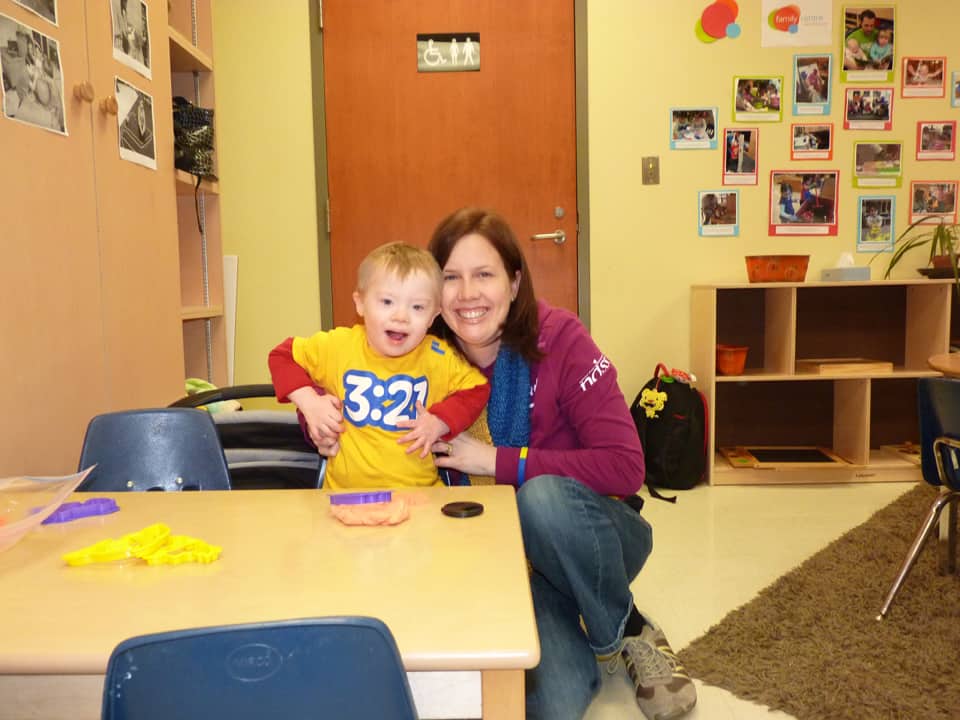There are three types of Down Syndrome and the type is identified from the chromosome studies done at birth to confirm the diagnosis of Down Syndrome:
No matter which type of Down Syndrome your child has, the effects of the extra genetic material will be unique to them. They will have their own strengths, likes, dislikes, talents, personality and temperament. Think of your baby first as a child. Down Syndrome is just part of who they are.
Down Syndrome is a random occurrence in nature. It has no cure or prevention measures. Down Syndrome is not a disease, disorder, defect or medical condition and therefore does not require treatment, prevention or a cure.
The Canadian Down Syndrome Society (CDSS) has extensive information on Down Syndrome, as well as a thorough new parent package. Additional resources are listed below.
